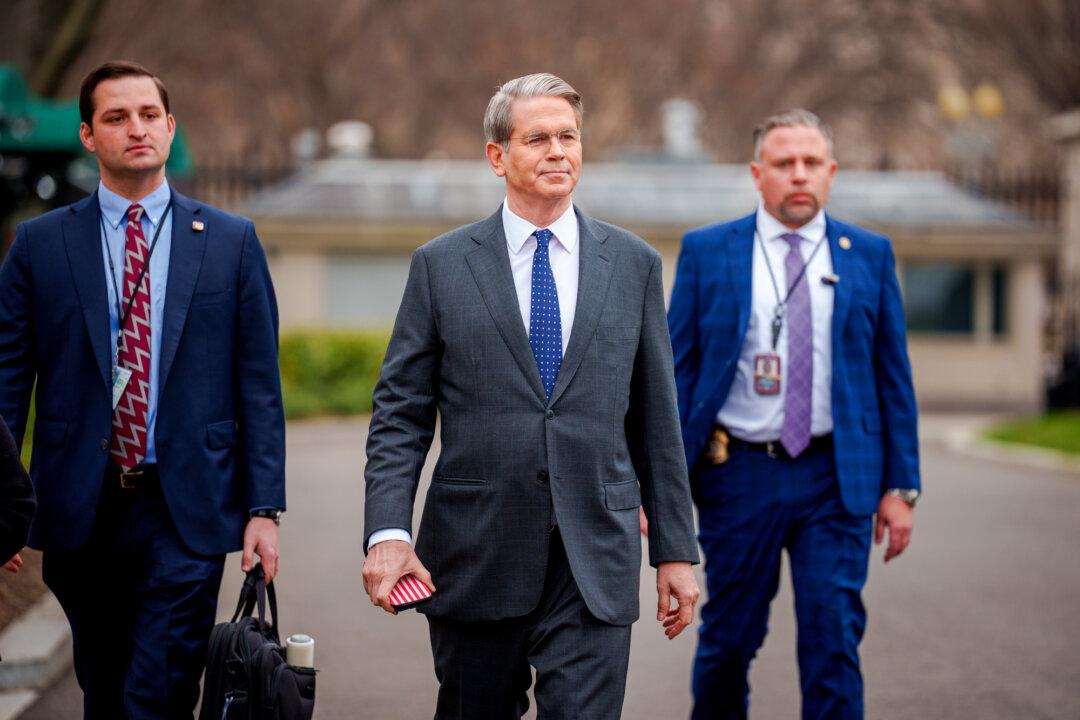The U.S. Treasury on Monday placed sanctions on six individuals and seven companies for their alleged connections to Mexico’s Sinaloa Cartel. The cartel was designated as a foreign terrorist organization in February under the Trump administration.
The action targets the financial operations of the drug cartel, which has raked in money by trafficking fentanyl into the United States for years and is part of a joint U.S.–Mexico investigation, the Treasury said in a statement.





